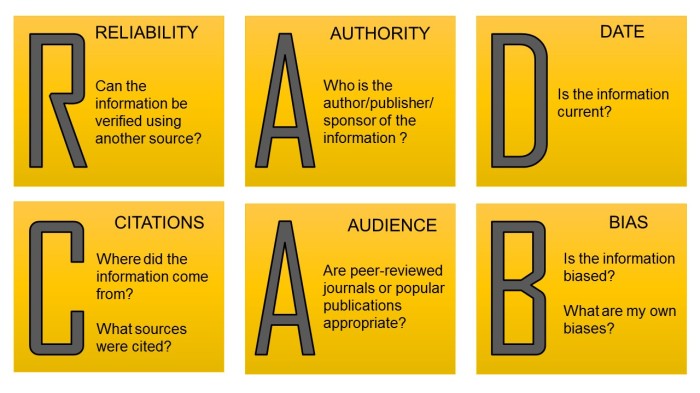Citations and giving credit
Miriam-Webster defines plagiarism as “the act of using another person’s words or ideas without giving credit to that person : the act of plagiarizing something”
Plagiarism is not something the academic world takes lightly. Whenever you use something that someone else did, said, or made it is very important to give them credit. When you do this it is referred to as citing your work, which is done both in text and at the end of your paper. Your English teacher wants you to use the MLA (Modern Language Association) style of citation and formatting for your coursework.
A very popular and easy to use resource for answers to your questions about citations see the Purdue OWL’s (Online Writing Lab) MLA Formatting and Style Guide or ask a librarian.
For more information, including a video explaining why citation is important, see your library’s guide to citing sources.
Copyright
Along with being careful not to plagiarize when working on your assignments, it is important to be familiar with copyright and how fair use rules work. This is especially true considering how easy it is to share things through social media.
Citing your sources properly protects you from plagiarism, but it is the fair use rule that allows you to use things like YouTube videos in your classwork (“More Information on Fair Use”). It is recommended that you have an understanding of copyright law and how the rules of fair use can protect you.
Click here to visit a website that briefly explains copyright and has links to useful resources for preventing copyright infringement.
As always, please feel free to comment with any questions or things that you would like to have clarified.
Example of MLA style listing of references:
Works Cited
“More Information on Fair Use.” United States Copyright Office. Library of Congress, Nov. 2015. Web. 06 Dec. 2015.
“Plagiarism.” Merriam-Webster.com. Merriam-Webster, n.d. Web. 06 Dec. 2015.

